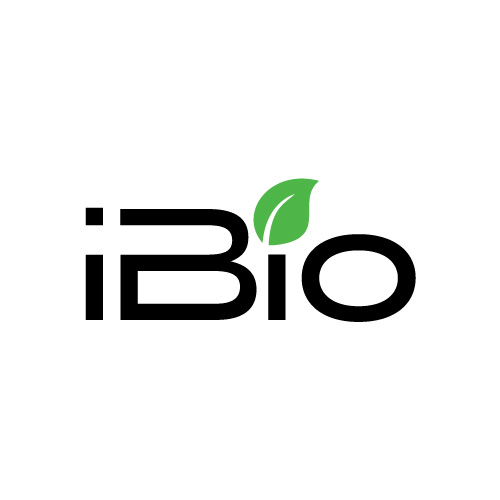
iBio (NYSE American:IBIO) updated progress on its lead COVID-19 vaccine program, IBIO-202, including a recently received the FDA response to its pre-IND package for IBIO-202.
In light of the feedback received, the company is moving forward with IND-enabling challenge studies for its second-generation vaccine candidate targeting the nucleocapsid (N) protein and plans to file an IND application before the end of 2022.
Commercially available first-generation vaccines target the frequently mutating spike (S) protein, resulting in waning periods of immunity and the spread of new variants. As a result, the WHO has stated that, “a vaccination strategy based on repeated booster doses of the original vaccine composition is unlikely to be appropriate or sustainable.”
In addition, evidence continues to emerge that N-, not S-, reactive T-cells appear to play a protective role for SARS-CoV-2 and potentially other beta coronaviruses as well.
“Several studies have demonstrated that the N-protein appears to be more effective than the S-protein towards stimulating a durable immune response,” Tom Isett, chairman and CEO of iBio, said in a statement.
He said the emergence of variants, like Omicron, underscores how mutations to the S-protein can enable the virus to spread and sicken millions of people, despite steadily increasing immunization rates. “So, we intend to move forward quickly with our IND-enabling studies and be in position to file an IND application for IBIO-202 as soon as possible,” Mr. Isett said.
The company previously reported that it had completed extensive preclinical studies and identified an antigen-adjuvant pairing with a favorable Th1-skew. The cytokine response observed with this pairing indicated activation of a primary immune response, differentiation of mature T-cells, and reactivation of memory T-cells.
Martin Brenner, DVM, Ph.D. and CSO of iBio, said the company selected a highly conserved region of the N-protein and used advanced epitope design techniques to create IBIO-202.
“We believe the data suggest this candidate has the potential to address many of the unmet needs that remain in the fight against COVID, a pandemic which may very well continue to wreak havoc if we continue to focus only on S-based vaccines. We need to work towards a ‘last dose’, not a ‘next dose’,” he added.





